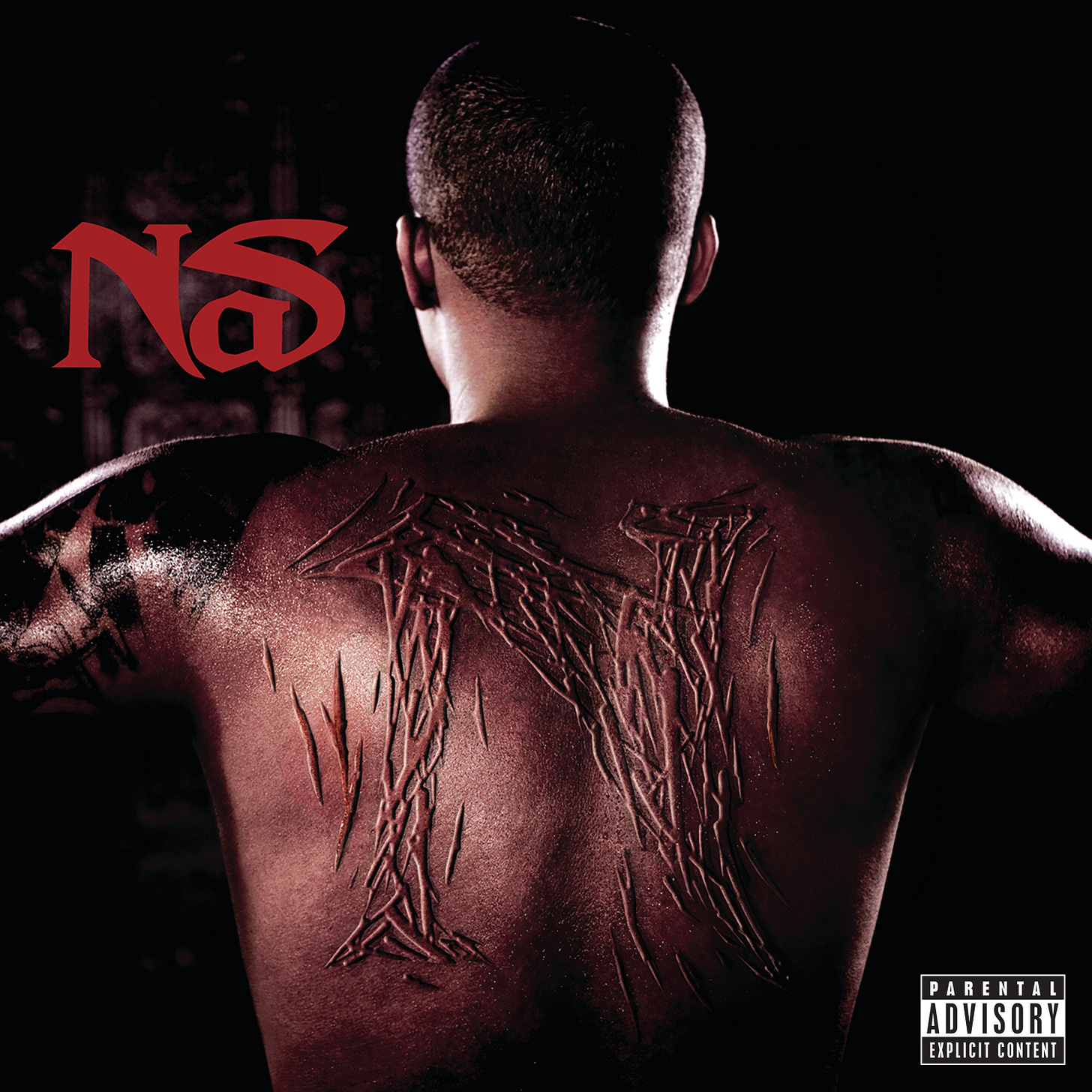Riding the Waves of Fury: A Deep Dive into Nas's 'Untitled'
A retrospective review of the profound ambivalence, biting anger, and enduring hope in Nas's contentious 2008 release.
Nasir Jones, the hip-hop savant better recognized as Nas, encountered his fair share of turbulence while crafting his ninth studio album, initially titled Nigger. The 2008 record, later renamed self-titled as Nas or Untitled had one of the most aggressive rollouts in music history. The album was launched before Jeezy’s The Recession and Kanye West's auto-tune utilization of 808s and Heartbreak album that later changed the game. It was characterized by intense anger, intricate lyrics, and stimulating storylines and diverged significantly from the predominant hip-hop styles of its time.
Just a year before its release, Nas shocked the industry by announcing a project bearing a racial slur, courting controversy and illuminating America’s fraught racial history. He collaborated with DJ Green Lantern on the incendiary mixtape The Nigger Tape. This sonic forerunner introduced the album’s expansive thematic scope and drew listeners into its restless heart. Nas used this platform to sample speeches from black leaders, intertwining voices of the past with the tumultuous realities of the present. As such, the mixtape acted as an effective companion piece to the album, further underlining its potency.
The album is commendable for its unflinching critique of the pervasive and damaging effects of systemic racism. It provides a comprehensive examination of the diverse encounters of African-Americans in contemporary times. Nas weaves intricate tales of racial prejudice, pinpointing the struggles endured by black leaders and the promises and pathologies inherent in African-American society. His lyrical skill framed hard-hitting socio-political commentaries within tightly-woven narratives.
Untitled debuted its first single, “Hero,” presenting a luxurious soundscape dotted with catchy refrains and Polow Da Don’s pulsating production. Nas’s confident flow, with the hook's infectious rhythm, reached the 97th spot on the Billboard Hot 100. However, the album's deeper cuts, such as “America” and “Sly Fox,” truly encapsulate its essence, painting stark pictures of social injustice and media manipulation.
Dense with charged sociopolitical commentary, Untitled is a bold confrontation of institutional racism and the struggles and triumphs of African-American life in the early 21st century. From the deeply moving “Testify,” where Nas assumes the persona of a wrongfully convicted man, to the critical “Y'all My Niggas,” which explores the usage of racial slurs, the album is a turbulent journey through various stages of black life and experience.
"N.I.G.G.E.R. (The Slave and the Master)" is among the most noteworthy tracks highlighting Nas’s exceptional lyrical ability. Over a DJ Toomp beat imbued with a mix of drums and melancholic strings, Nas delves into a contemplative exploration of the racial epithet, confronting its historical and contemporary implications.
The unfettered depth of its exploration characterizes Untitled into themes of racism, the collective psyche of the African-American community, and the struggles that persist today. Nas doesn't shy away from the dark corners of these issues. Instead, he dives headlong into them, spotlighting the harsh realities and triggering a dialogue that goes beyond mere music.
The 15 years since the release of Untitled have only amplified its relevance. A thorough examination of black leadership's failures, as reflected in tracks like “Black President,” demonstrates Nas’s deep understanding of the systemic issues plaguing his community. These cuts are not merely lyrical exercises but sincere expressions of frustration and yearning, blending intricate wordplay with hard-hitting sociopolitical critique.
Simultaneously sprawling and focused, Untitled remains a monumental work in Nas’s discography. It's an album that doesn’t shy away from examining the complexities of race, leadership, and societal ills, even as it rejoices in the resilience and vibrancy of African-American culture. Yet, in its anger, it is not despairing but hopeful. Nas extends an open invitation to discourse through his reflective lens, urging listeners to engage in vital conversations today.
On its fifteenth anniversary, Untitled reminds us of Nas’s enduring ability to provoke thought, incite debate, and inspire change through his music. It's a tribute to his unapologetic honesty and steadfast commitment to using his art as a mirror to society’s ills. And in this, Nas creates a space where rage, critique, and hope coexist — a space that still challenges, resonates, and compels us to listen, think, and act.



Great review of a great album from one of the GOATs